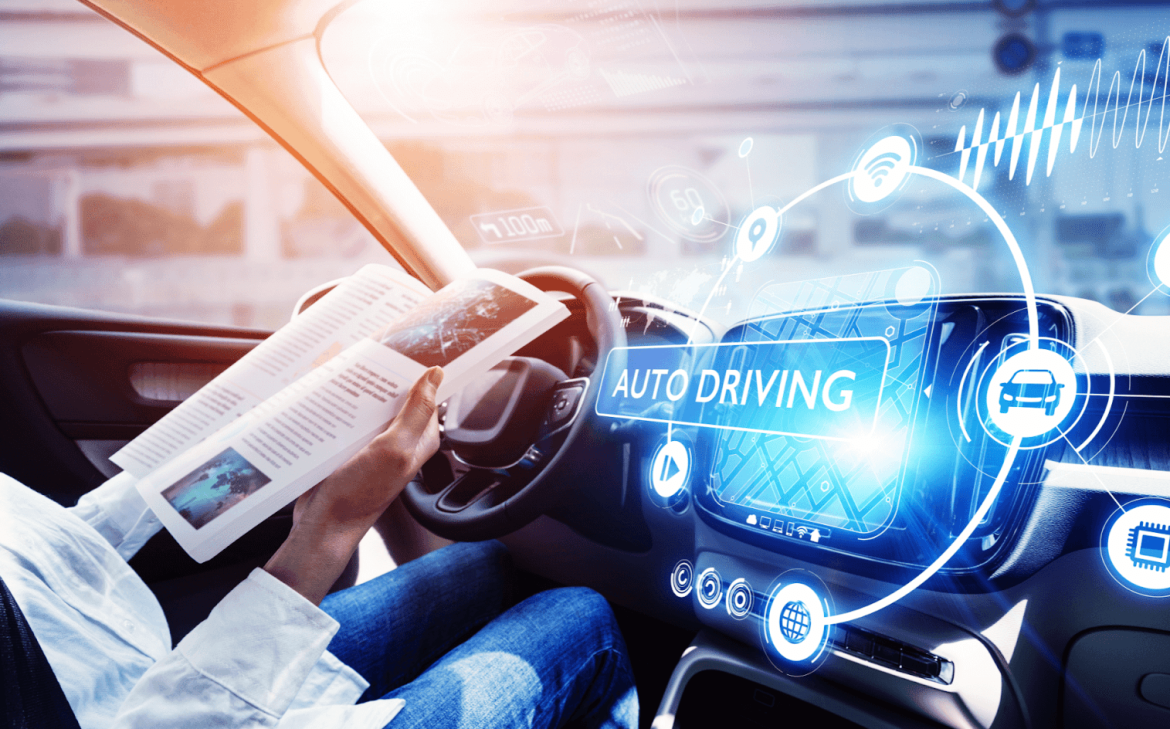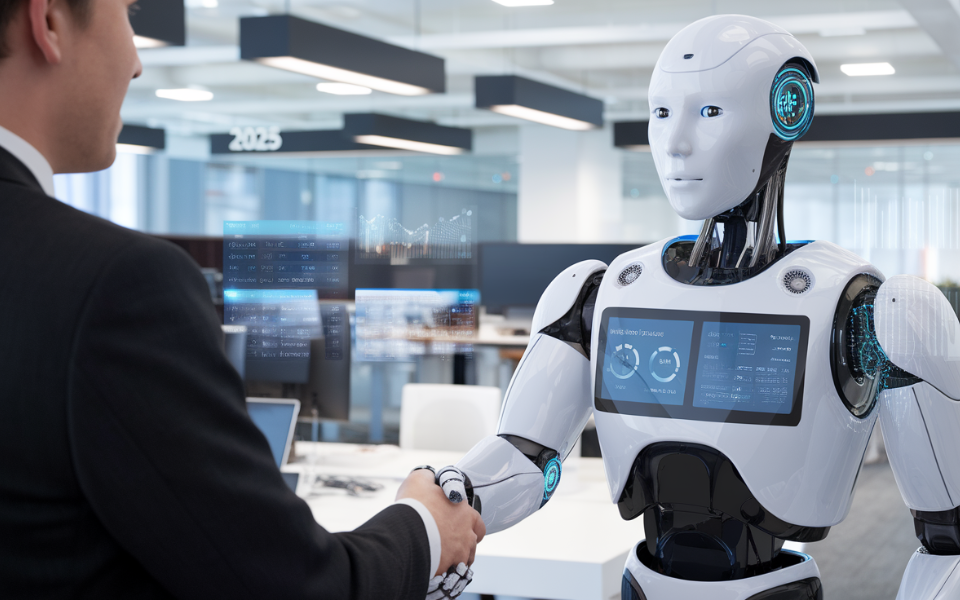Artificial Intelligence (AI) is transforming the transportation industry, making travel safer, faster, and more efficient. Understanding how AI improves transportation helps organizations and governments adopt smarter mobility solutions.
What is AI in Transportation?
AI in transportation refers to the use of intelligent algorithms, machine learning, and data-driven systems to manage, optimize, and improve transportation networks, vehicle operations, and traffic management.
How AI Works in Transportation
AI systems process large volumes of real-time and historical data from GPS devices, sensors, cameras, and traffic management systems. By analyzing this data, AI can predict traffic conditions, optimize routes, and assist with vehicle automation.
Key AI Techniques Used
- Machine Learning: Helps predict traffic congestion, optimize public transport schedules, and support autonomous vehicle navigation.
- Computer Vision: Assists in traffic monitoring, pedestrian detection, and vehicle safety features.
- Natural Language Processing (NLP): Powers voice-controlled navigation and smart transportation assistants.
- Predictive Analytics: Forecasts maintenance needs and prevents vehicle breakdowns.
Benefits of Using AI
AI significantly improves road safety by enabling collision avoidance systems and advanced driver-assistance features. It reduces traffic congestion through smart traffic signal management and optimized route planning. AI also supports the development of self-driving vehicles, improves public transportation efficiency, and lowers fuel consumption by reducing idle time and improving logistics.
Limitations to Keep in Mind
AI in transportation still faces challenges such as the need for high-quality data, potential system failures, regulatory hurdles, and public trust in autonomous technologies. Human supervision and ethical considerations remain essential.
Conclusion
AI is shaping the future of transportation by delivering faster, safer, and more intelligent mobility solutions. When combined with human decision-making and robust infrastructure, AI can lead to significant improvements in transportation efficiency and safety.







Leave feedback about this